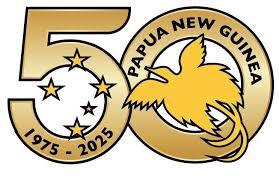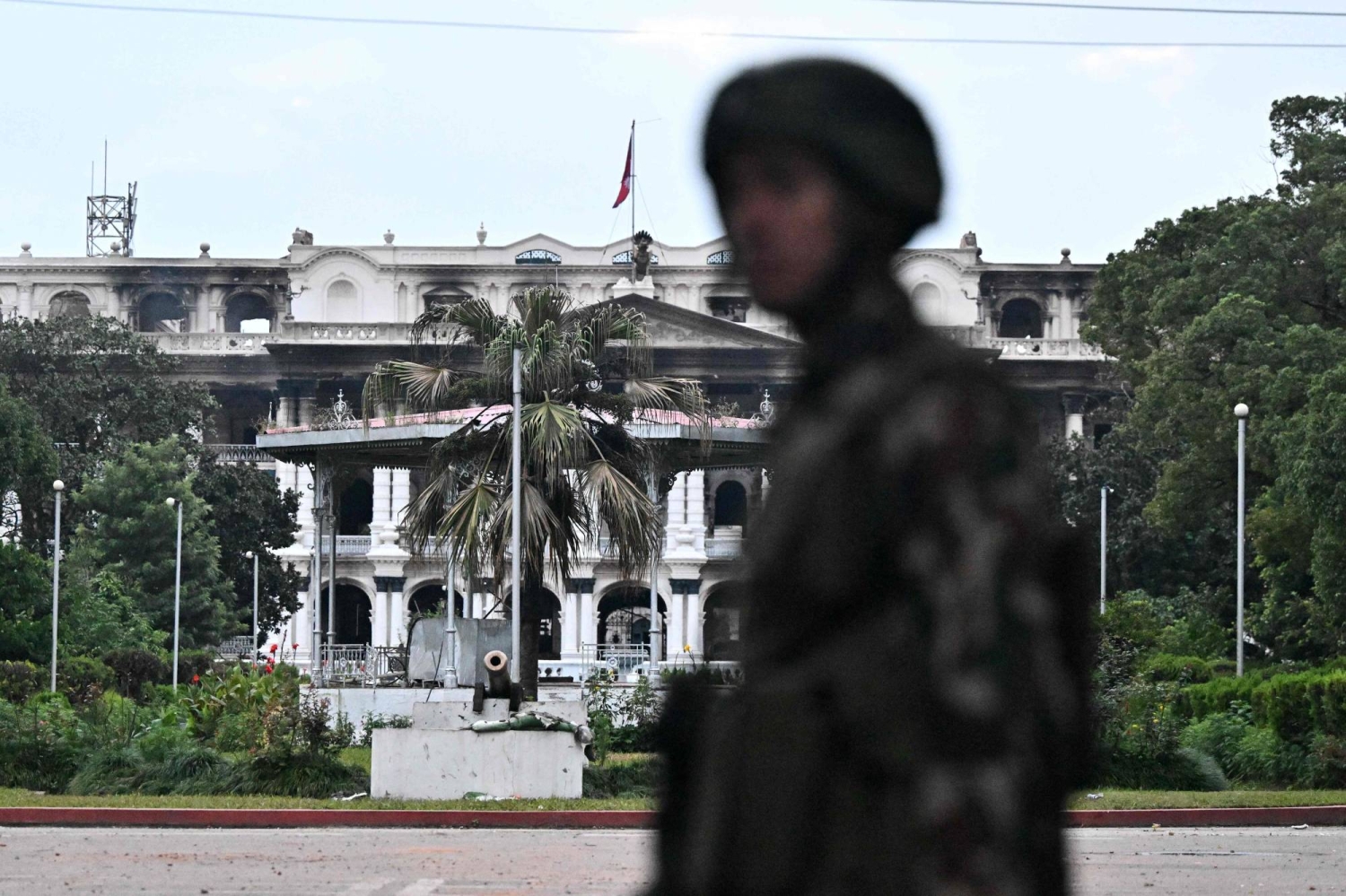By Report 3
Copyright islandsbusiness

PAPUA New guinea this week marked the 50th anniversary of regaining its independence from Australia.
A vast country of 10 million people and over 850 languages, PNG’s journey has not been easy.
A volatile political situation, corruption, landowner disputes and secessionist movements have been constant issues for the country which boasts huge natural resources and a potential for tremendous economic growth.
Maholopa (Maho) Laveil, is from PNG and a PhD candidate at the Arndt-Corden Department of Economics at the Australian National University. He writes:
Papua New Guinea celebrates 50 years of independence. Independence days are usually marked by speeches, feasts and cultural dances. The celebrations are the largest yet, with several other countries joining PNG to mark the occasion, including Prince Edward of the United Kingdom, Australian Prime Minister Anthony Albanese, Indonesian Vice President Gibran Rakabuming Raka and a number of Pacific Island leaders. This day should also be an opportunity to reflect on the many and varied challenges the country faces.
These challenges aren’t lost on its citizens. In a 2022 survey of 523 ordinary Papua New Guineans, all respondents acknowledged that PNG faced major challenges. Those highlighted included corruption, poverty, access to education, access to healthcare, a lack of basic infrastructure and high levels of crime. In a survey of students at the University of PNG this year, when asked what direction they thought the country was heading 87% responded that they saw the country as headed in the wrong direction. Most students listed poor economic management and an increase in law and order problems as the main reasons for their negative perception.
Over time government capacity has fallen, as measured by the Worldwide Governance Indicator of government effectiveness. Weakening government capacity is evident in the 60% of PNG’s national roads that are in very poor condition. Further, only 20% of PNG’s households are connected to the electricity grid. Being connected to the grid isn’t enough though, as PNG experiences more than 40 power outages per month on average. In addition, the 2018 polio outbreak, the 2020 measles outbreak and the emergence of tuberculosis as the country’s leading killer all point to a health system that is overwhelmed and underdelivering.
PNG has changed in many ways since 1975. PNG’s population (roughly 13 million) is more than three times what it was at independence, and its economy has also tripled. PNG’s resource sector (mining, oil and gas) has grown to dominate the economy, with its share of Gross Domestic Product (GDP) growing from 10% at independence to almost 30% today. But non-resource GDP (total GDP excluding the resource sector) per person is only 12% higher than in the early 1980s. With a poverty rate of 40%, PNG’s economy has become a textbook example of the resource curse.
PNG has also seen lacklustre progress on other fronts. Agriculture (including forestry and fishing), accounts for slightly under a quarter of non-resource GDP, the same as at independence. Oil palm has grown rapidly, but the production of coffee, copra and cocoa — the big three agricultural commodities at independence — has declined or stagnated. Manufacturing has fallen from 5% of non-resource GDP at independence to 3%. PNG has largely failed to build strong downstream processing industries for the primary commodities such as logs, cocoa, coffee and minerals it has historically exported.
Not enough jobs have been created and the share of the population with formal sector jobs has declined from 6% just after independence to 4.5% today. PNG’s informal economy employs the vast majority of PNG’s workforce. Herein lies the economic basis of the resilience so often used to describe PNG and its people. PNG’s informal economy has bolstered many Papua New Guineans and protected them through the various economic downturns it has faced.
Setting aside its many economic and governance challenges, PNG can be proud that it has remained an unbroken parliamentary democracy for 50 years, escaping the coups and military takeovers that many of its previously colonised peers have experienced. However, even here, PNG’s low electoral quality score leaves a lot to be desired. High levels of fraud, intimidation and violence have come to characterise many of PNG’s elections. Electoral violence in 2022 saw an estimated 89,000 people displaced from their homes and villages. And PNG’s increasingly clientelist elections mean that many of its voters don’t elect leaders who will introduce better policies or manage the country better, but rather leaders who offer them personal benefits. While high levels of poverty and low levels of education have cemented this clientelist trap, it has also meant that strong political parties have failed to take root. PNG’s often unstable politics has been one of weak parties and strong personalities or “big men”.
Half a century on, a lot has changed in PNG, but not all for the better. The next 50 years are likely to be much worse if the lessons of the last 50 are not properly appreciated and applied.
The writer was a co-author of the recent economic history of PNG post-independence, Struggle, Reform, Boom and Bust. Unless otherwise indicated, economic statistics in this article are taken from that book.



